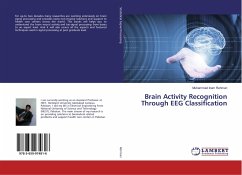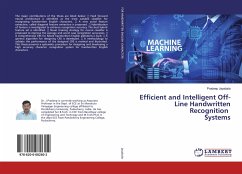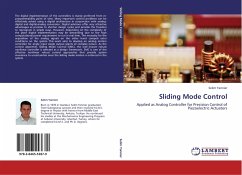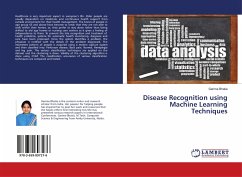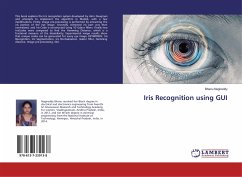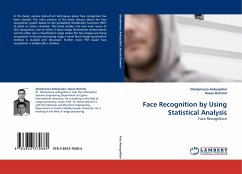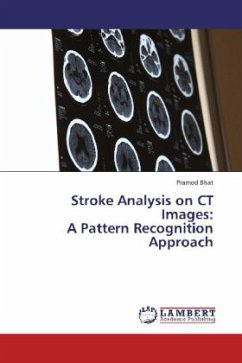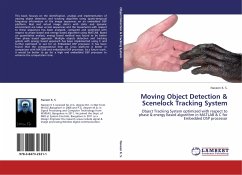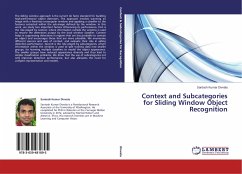
Context and Subcategories for Sliding Window Object Recognition
Versandkostenfrei!
Versandfertig in 6-10 Tagen
41,99 €
inkl. MwSt.

PAYBACK Punkte
21 °P sammeln!
The sliding window approach is the current de facto standard for building high-performance object detectors. The approach involves scanning an image with a fixed-size rectangular window and applying a classifier to the features extracted within the sub-image defined by the window. In this work, we study two important factors influencing its performance. First is the role played by context, where information outside the window is used to rescore the detections output by the local window classifier. Context helps in suppressing detections in regions that are less probable to contain an object an...
The sliding window approach is the current de facto standard for building high-performance object detectors. The approach involves scanning an image with a fixed-size rectangular window and applying a classifier to the features extracted within the sub-image defined by the window. In this work, we study two important factors influencing its performance. First is the role played by context, where information outside the window is used to rescore the detections output by the local window classifier. Context helps in suppressing detections in regions that are less probable to contain an object and encourages those that are more plausible. We enumerate different sources and uses of context, and evaluate their role in aiding detection performance. Second is the role played by subcategories, where information within the window is used to split training data into smaller groups, for learning multiple classifiers to model the object appearance. The smaller groups have reduced appearance diversity and thus lead to simpler classification problems. We show that the use of subcategories not only improves detection performance, but also alleviates the need for complex representation and models.




